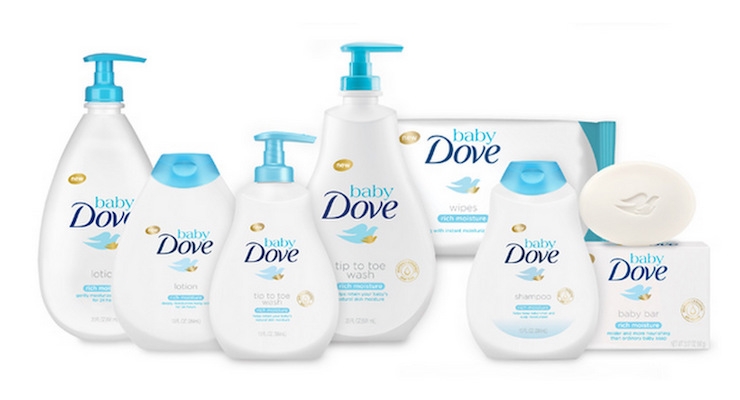The Concept of Brand Extension
Brand Extension happens when a company takes an established brand into a new product category. Please note "new product category" here means a product category in which the brand was not present. Also, please do not confuse the term with "Line Extension" as well.
(So called) Rationale Given Behind Most Brand Extensions
1. The company can utilize / exploit the success of the brand to expand its market. Expanded market means more consumers and more consumers mean more money and more money and more consumers means "growth".
2. No one seems to have the time required to build new brands! The street (Wall or Dalal) wants returns every 90 days or so! So, using a successful brand name to quickly acquire new customers makes sense!
3. Most importantly, what does success of one brand brings in? The answer is expectations and desires! Expectations from investors soar sky high and desires of top management which possibly believes in "making it large"! So, Line Extensions become a natural choice!
4. We can derive synergy by using the associations of established brand
Some Popular Failed Brand Extensions
- Sears (retailer), American Express (credit card), Xerox (copier), Chrysler (automobile) - all entered financial services business.
- Virgin entered the Vodka and Cola business
- Playboy tried its hands in clubs, eyewear, casinos
- IBM launched copiers
- Patanjali jeans
- Adidas cologne
- Cosmopolitan Yogurt
- Colgate Frozen Foods
- T-series detergent
- Dove Elixir
Problem with Brand Extensions
They force the brand to lose focus! Focus on what the brand stood for in the first place, focus on for whom it was meant for in the first place etc. All successful brands stand for something and if that 'something' is diluted, what remains? The remains of a brand!!!
Secondly, when you extend the brand into unfamiliar territories, two things happen:
- You dilute the brand meaning. The brand was successful because its meaning was clear to the consumer. With the brand extension, the brand meaning dilutes.
- More importantly, you are more likely to compete with someone 'focused' and it would be difficult to beat them at their game.
Finally, everyone knows that you cannot be strong in everything so it is better to be strong in something rather than weak in everything.
Last but not the least, marketers must understand the simple reason behind why most Brand Extensions end up on the losing side in the market.
It is because the whole idea concludes in using the money from one successful brand in fighting a specialist in another category. As a result the brand which gives money loses and because it is difficult to beat an specialist, the extension loses!
Secondly, when the company catering to its well chosen target segment with a well designed brand, start catering to a different set of customers while fighting with a specialist competitor, tends to lose focus on the customers it was originally catering to. The customers eventually figure out that the brand does not stand for what it promised and the brand is also not caring for them anymore. So, they start leaving!
Consider this example --
Dove is an established brand name is soaps, it enters 'hair oil' (Dove Elixir) and 'baby products' range (Dove Baby). Here it competes with Johnson & Johnson in baby products and (let us say) Parachute in hair oil!


Now, it is anybody's guess as to what kind of resources would be required to compete with the likes of Johnson & Johnson & Parachute (speacialists) in their own backyard
A bigger tragedy would be this --- in order to compete with specialists, it must focus on this war, and as a result, from where it might lose focus from - you guessed it right, the loyalists of Dove!
Disclaimer
- Whats written above is a simple generalization but a true one! (In any case, what do you expect in such small number of words and limited space)
- Of course, there are exceptions to what's written above but they are generally Corporate Brands. More on that later! :)
